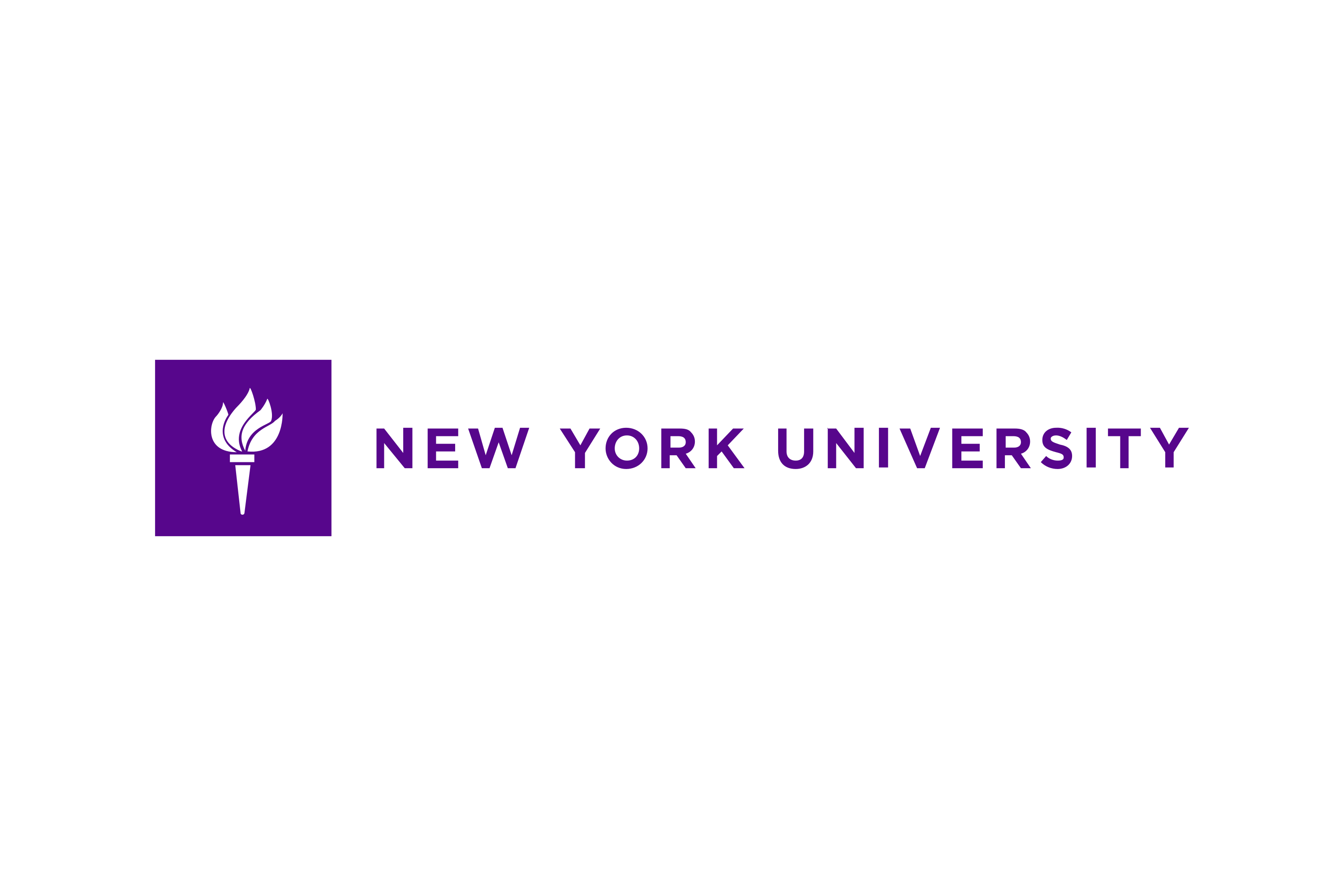New York University: Four in Five People Think Divisions Are Causing Major Fault Lines in Society, New Global Report Finds
A new poll has revealed that 80 percent of people feel there are divisions in their country that are causing fault lines in society, with little variation between rich and poor nations.
These divisions are about income, identity, and differing viewpoints on politics and vaccinations. In the eight countries polled, more than half (59 percent) say too little is being done to address these divisions.
The Pathfinders for Peaceful, Just and Inclusive Societies, hosted by the Center on International Cooperation at New York University, commissioned the poll as part of its new flagship report, which highlights the need for a new social contract in the wake of COVID-19. “From Rhetoric to Action: Delivering Equality & Inclusion” shines a spotlight on the damaging, widespread effects of inequality and exclusion and highlights the actions needed from governments, international institutions, and civil society to tackle the problem.
The report recommendations were developed through consultation with a wide range of actors, including 10 countries, the United Nations, the World Bank, OECD, Oxfam, CIVICUS, and the International Trade Union Confederation whose representatives will be discussing these findings at the report’s 23 September launch event.
Faiza Shaheen, lead author and program lead on the Pathfinders’ Inequality and Exclusion Grand Challenge, said: “Increasingly, people around the world are raising their voices desperately trying to change the status quo and improve their lives. From Black Lives Matter to Colombians protesting crippling tax hikes, the growing cries for equality and justice and the abject need for a new relationship between state and citizens have become deafening.”
The report underlines that a new social contract must be based on fairness, respect, opportunity, and justice. It must be built to serve future generations and to guard against climate breakdown and pandemics. It recommends governments alongside civil society and the private sector must act now by adopting a three-pronged attack on inequality and exclusion to:
Create visible change: Adopt policies that directly impact people’s daily lives for the better. Issues highlighted in the report include access to decent and affordable housing, broad-based social protection for the poor and middle class, green jobs with a livable wage, and enhancing digital connectivity for all communities.
Solidarity building: Tackle societal divisions alongside economic recovery using strong community-based programs, truth-telling and social dialogue tools.
Trust and credibility: Secure trust and credibility by addressing corruption, state capture by elites and global corporations, and broadening participation of civic space.
Overall, there is a need to restore trust between elites, government, and everyday people, with almost two-thirds (63 percent) believing that governments are largely influenced by a few wealthy individuals, interest groups, or businesses. Eighty-three percent of respondents are bothered that some wealthy people don’t pay their fair share of taxes. Ninety percent believe governments should prioritize tackling corruption and 87 percent want the tax system to be fairer in order to address inequality.
Sierra Leone Minister of Planning and Development Francis Mustapha Kai-Kai said: “I’ve seen the tangible results of creating a new social contract (or New Direction as we call it in Sierra Leone) and how it is vital for the survival of our population, from improvements in health, education, and access to justice to truth and reconciliation exercises that build solidarity, and anti-corruption measures. Low-income countries need to mobilize their own resources as we have tried to do, but we also need increased global action on vaccines, debt and financing for recovery.”
To deliver a new, meaningful social contract, as recently called for by the United Nations Secretary General, the international community must also address global issues that are undermining recovery for many low and middle-income countries. Poorer countries are getting into steeper debt in order to purchase vaccines, with little or nothing left for urgently needed national development and climate action. New figures included in the report show that more than 100 countries are at risk of having to cut public spending on healthcare, social protection, and education, further hampering progress and widening gaps between high-income countries and the Global South.
The report calls for the international community to urgently finance the global vaccine plan put forward by the IMF, increasing debt relief and access to liquidity.
Ian Goldin, professor of globalisation and development at the University of Oxford, said: “What this report shows above all is that practical policy-based solutions will be vital stepping stones for countries as they navigate a post pandemic world. From political instability to climate collapse, we don’t have to look very far to see that the risks of inaction are now far too great.”
Alternate contact:
Asha Tharoor: [email protected] or 07813 688680
For information on how to register for the high-level event on September 23, please vist the event page.
Notes to Editors
1. The survey was conducted 4 June-23 July 2021 in eight countries, via telephone in Costa Rica, Mexico, Tunisia, Uruguay, face-to-face in Sierra Leone, online in Canada, South Korea, Sweden. Overall, 17,047 interviews have been conducted with respondents 18 years and older of the general population. Survey results are weighted to population targets.
2. This report is an output of the Grand Challenge on Inequality & Exclusion, an initiative of the Pathfinders for Peaceful, Just and Inclusive Societies. It was developed through a broad consultative process that included contributions from member states, institutional and civil society partners.
3. Official Pathfinders’ boilerplate: “The Pathfinders for Peaceful, Just and Inclusive Societies is a group of UN member states, international organizations, global partnerships, civil society, and the private sector. We work to accelerate the delivery of the SDG targets for peace, justice, and inclusion (SDG16+). Pathfinders is hosted by the NYU Center on International Cooperation.
4. The UN Secretary General has recently published a report “Our Common Agenda” calling for a renewed social contract between governments and their people, and for global solidarity.

